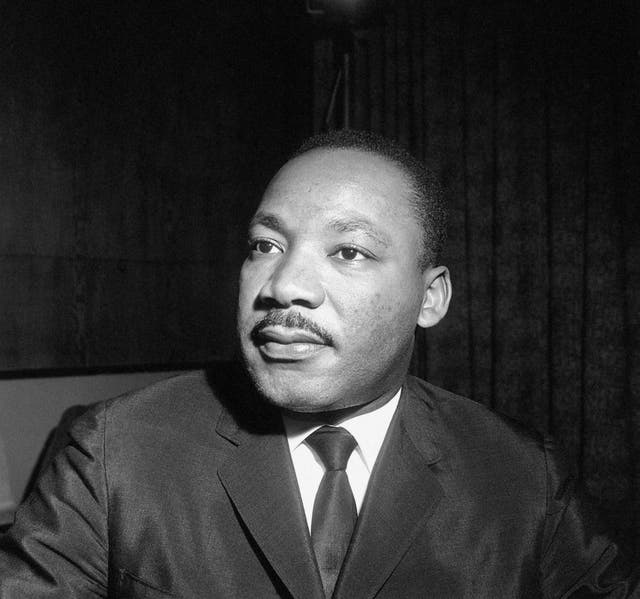Civil rights advocates in the US will highlight police and vigilante violence against Black people at a commemoration of the 1963 March on Washington for Jobs and Freedom.
Thousands are expected at the steps of the Lincoln Memorial where Martin Luther King Jr. delivered his historic I Have A Dream address about racial equality.
They are gathering after another shooting by a white police officer of a Black man – this time 29-year-old Jacob Blake in Kenosha, Wisconsin, on 23 August – sparking days of protests and violence that left two dead.
“We’ve got to create a different consciousness and a different climate in our nation,” said Martin Luther King III, a son of the late civil rights hero and co-convener of the march.
“That won’t happen though, unless we are mobilised and galvanised,” King said.
He and the Reverend Al Sharpton, whose civil rights organisation, the National Action Network, planned the event on 28 August, said the objective of the march is to show the urgency for federal policing reforms, to decry racial violence, and to demand voting rights protections ahead of the November general election.
To underscore the urgency, Rev Sharpton has assembled the families of an ever-expanding roll call of victims including George Floyd, Breonna Taylor, Rayshard Brooks, Ahmaud Arbery, Trayvon Martin, Eric Garner, Blake and others.

Following the commemorative rally that will include remarks from civil rights lawyer Ben Crump, who represents several of the victims’ families, participants will march to the Martin Luther King Jr memorial in West Potomac Park, next to the National Mall, and then disperse.
Turnout in Washington will likely be lighter than initially intended due to city-imposed coronavirus (Covid-19) pandemic restrictions that limit out-of-state visitors to the nation’s capital. To that end, the National Action Network organised a handful of satellite march events in South Carolina, Florida and Nevada, among others.
While participants march in Washington, Rev Sharpton has called for those in other states to march on their US senators’ offices and demand their support of federal policing reforms. Rev Sharpton said protesters should also demand reinvigorated US voter protections, in memory of the late congressman John Lewis who, until his death on 17 July, was the last living speaker at the original march.
In June, the Democrat-controlled House of Representatives passed the George Floyd Justice In Policing Act, which would ban police use of stranglehold manoeuvres and end qualified immunity for officers, among other reforms. Floyd, a Black man, died on 25 May after a white police officer in Minneapolis held a knee to the man’s neck for nearly eight minutes, sparking months of sustained protests and unrest.

















